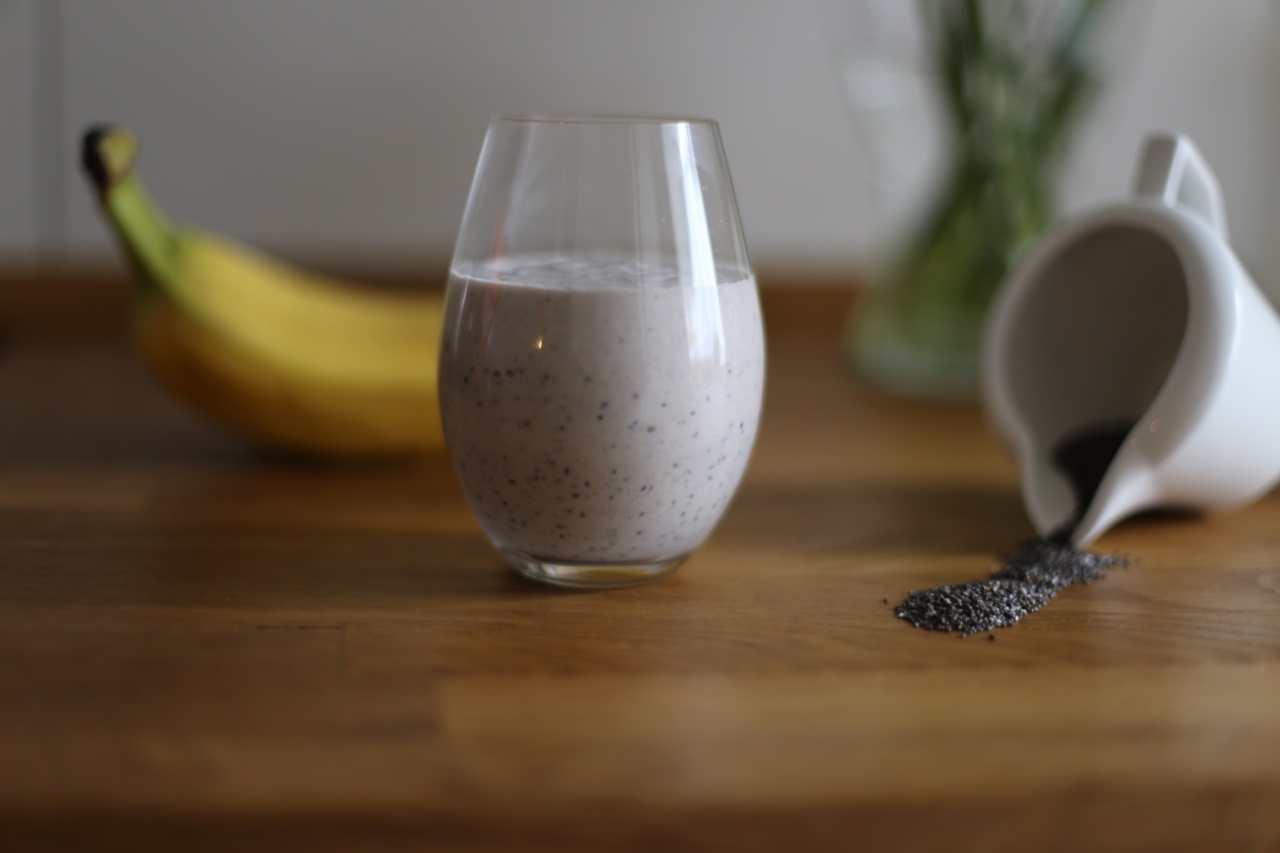Good sleep is essential for overall well-being and plays a crucial role in maintaining good physical and mental health.
While there are various factors that can affect sleep quality, such as stress and environmental conditions, one often overlooked aspect is the impact of diet. A healthy diet not only benefits your body, but it can also significantly contribute to better sleep.
In this article, we will explore the importance of a healthy diet for good sleep and provide tips on how to optimize your diet for improved sleep quality.
1. The Link Between Diet and Sleep
The connection between diet and sleep is a bidirectional one. On one hand, poor sleep can affect your dietary choices, leading to unhealthy eating habits. On the other hand, what you eat can impact your sleep quality and duration.
Research shows that certain nutrients and foods can promote or hinder sleep.
2. Nutrients That Support Good Sleep
Several key nutrients can positively influence sleep quality. Incorporating these nutrients into your diet can help regulate your sleep-wake cycle and enhance overall sleep. Here are some essential nutrients for good sleep:.
a. Magnesium: Magnesium plays a vital role in regulating neurotransmitters involved in sleep. Foods rich in magnesium include dark leafy greens, nuts, seeds, and whole grains.
b. Tryptophan: Tryptophan is an amino acid precursor to serotonin and melatonin, both of which are involved in sleep regulation. Foods high in tryptophan include turkey, chicken, nuts, seeds, and dairy products.
c. Vitamin B6: Vitamin B6 helps convert tryptophan into serotonin, promoting relaxation and better sleep. Good dietary sources of B6 include fish, poultry, bananas, and chickpeas.
d. Calcium: Calcium is necessary for the production of melatonin, a hormone that regulates sleep. Dairy products, leafy greens, and fortified plant-based milk are rich sources of calcium.
e. Potassium: Potassium aids in muscle relaxation and can help prevent nighttime leg cramps that disrupt sleep. Bananas, avocados, and leafy greens are excellent sources of potassium.
3. Foods to Avoid for Better Sleep
Just as certain foods can promote good sleep, certain foods and drinks should be avoided, especially close to bedtime. These can interfere with your sleep quality and make it challenging to fall asleep or stay asleep.
Here are some foods and beverages to avoid for better sleep:.
a. Caffeine: Caffeine is a stimulant that can keep you awake. Limit your intake of caffeinated beverages like coffee, tea, and soda, especially in the evening.
b. Alcohol: While alcohol may initially make you feel sleepy, it can disrupt your sleep later in the night, leading to fragmented and poor-quality sleep.
c. Heavy meals: Eating a large, heavy meal close to bedtime can cause indigestion and discomfort, making it difficult to sleep. Opt for lighter meals in the evening.
d. Spicy and acidic foods: Spicy and acidic foods can trigger heartburn and discomfort, particularly if consumed close to bedtime.
e. High-sugar foods: Foods high in sugar can cause blood sugar spikes and crashes, leading to disrupted sleep. Avoid sugary snacks and desserts before bed.
4. Tips for Improving Sleep with a Healthy Diet
Now that we understand the importance of a healthy diet for good sleep, let’s explore some tips to optimize our diet for improved sleep:.
a. Have a balanced dinner: Include a combination of lean protein, healthy fats, complex carbohydrates, and vegetables in your evening meal. This balanced dinner will provide essential nutrients to support sleep.
b. Eat meals on a regular schedule: Establishing regular meal times helps regulate your body’s internal clock, syncing it with your sleep-wake cycle.
c. Avoid large meals close to bedtime: Give yourself at least a couple of hours between your last meal and bedtime to allow for proper digestion and prevent discomfort.
d. Opt for sleep-promoting snacks: If you feel hungry before bed, choose sleep-enhancing snacks like a small handful of nuts, a banana, or a small bowl of oats.
e. Stay hydrated: Drink enough water throughout the day to prevent dehydration, but limit your intake close to bedtime to avoid disruptions from frequent trips to the bathroom.
f. Limit caffeine and alcohol: Minimize your consumption of caffeine-containing beverages and alcohol, particularly in the evening, as they can interfere with your natural sleep-wake cycle.
g. Create a calming bedtime routine: Establish a relaxing routine before bed, such as taking a warm bath, practicing meditation or deep breathing, and avoiding stimulating activities like using electronic devices.
h. Consult a healthcare professional: If you have persistent sleep issues, it’s essential to consult a healthcare professional who can provide personalized advice and guidance.
5. Summary
A healthy diet is a fundamental aspect of promoting good sleep.
By incorporating nutrients like magnesium, tryptophan, vitamin B6, calcium, and potassium into your diet and avoiding foods and drinks that can disrupt sleep, you can significantly enhance the quality of your sleep. Remember to follow the tips mentioned above to optimize your dietary habits for better sleep. Prioritizing both a healthy diet and adequate sleep is a winning combination for overall well-being.





























